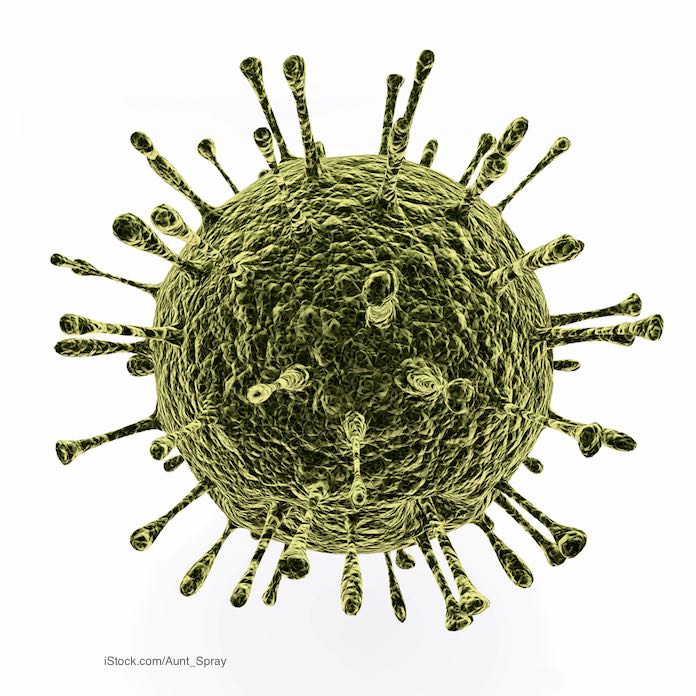A norovirus outbreak that sickened at least 60 people last month at the Special Kids Day event at the Northern Wisconsin State Fairgrounds has been linked to contaminated food served there. Jennifer Miller, spokeswoman for the Wisconsin Department of Health Services said, “all evidence in the investigation suggests that the primary mode of transmission of norovirus was through contaminated food. However, the source has not been determined and remains under investigation.”

Lab testing found a “commonality” in stool samples from ill persons that showed the outbreak was caused by food. Norovirus is spread through person-to-person contact, by touching contaminated surfaces, and by eating contaminated food and drink.
About 738 disabled students from 26 school districts were at the event. More than 1,000 people attended the festival. Apparently, all food handlers were wearing gloves. But if those gloves are not removed if a worker touches another surface, they can become contaminated.
Norovirus is found in the stool or vomit of an ill person. A person can be contagious until at least two days after symptoms end. The virus is very hardly and can survive on surfaces for more than two weeks.
The symptoms of a norovirus infection include nausea,, vomiting, and diarrhea. Some people may have a low grade fever, a headache, chills, muscle aches, and fatigue. Most people recover in a few days without treatment from a doctor, but some can become so ill they need to be hospitalized. Dehydration is the most common cause of hospitalization.
The best way to prevent norovirus is to stay home when you are sick, and to wash your hands thoroughly after using the bathroom, before eating, and before preparing or serving food or drink to others. If you have a diarrheal illness, do not go to work at day care centers, in schools, or health care facilities until 48 hours after symptoms have ended. Clean areas where a person has been sick with bleach to kill the virus.
There is no treatment for norovirus. Make sure that you drink plenty of liquids to replace fluid loss and rest. If you start feeling worse or have symptoms of dehydration, including lower urine output, see a doctor as soon as possible.




